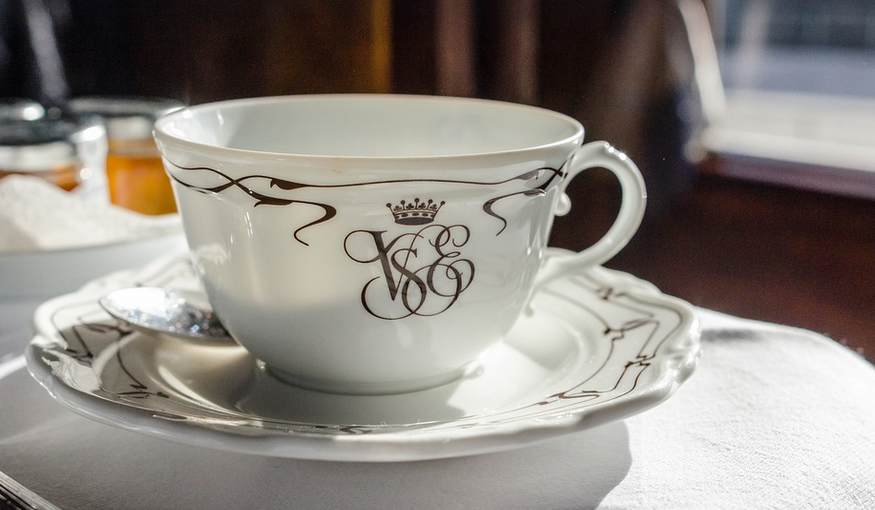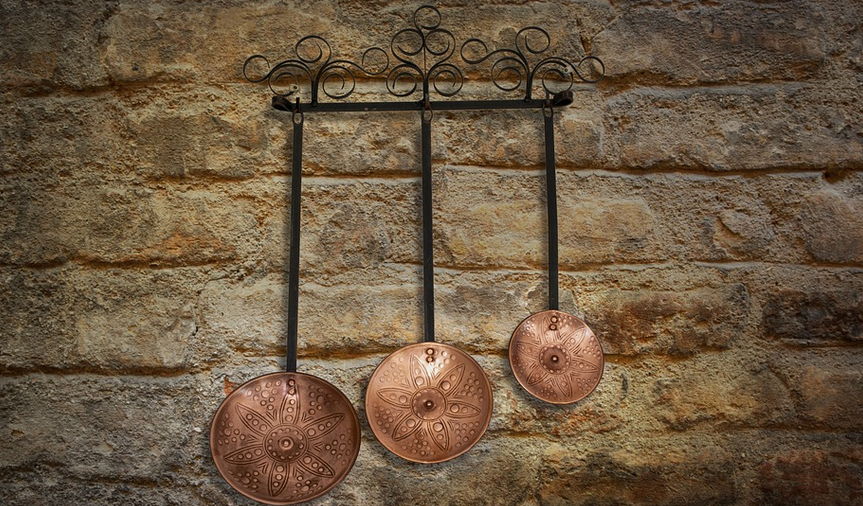Is It Possible To Overbrush Your Teeth?

The Truth About Tooth Brushing
You’ve probably heard it a thousand times: “Brush twice a day!” But have you ever stopped to think about the impact of excessive brushing on your teeth and gums?
We often hear that we should brush for two minutes, but what if we’re actually overdoing it? It’s true, there are risks associated with overly aggressive brushing. Over-brushing can potentially damage your enamel, make your gums bleed, and even increase the risk of cavities.
Think about it this way: your mouth is a complex ecosystem. There’s a delicate balance between harmful bacteria and healthy ones, and over-aggressive brushing disrupts that balance. When you brush too hard, you’re essentially washing away not just the plaque but also good bacteria that contribute to a healthy oral environment.
Here are some potential dangers of over-brushing: Enamel Erosion
Overly aggressive brushing can cause wear and tear on your enamel. This thin outer layer of your tooth is crucial for protecting your dentin, the yellowish inner layer of your teeth. As you scrub with excessive force, this protective layer gets thinner and creates more space for stains and cavities.
Gingivitis: Inflammation of Your Gums
When you brush too hard, you’re essentially stimulating the gums to an unhealthy level. The gums bleed easily when they’re inflamed from excessive brushing, and this can lead to increased sensitivity and pain.
Gum Recession: Further Erosion of Your Gum Tissue
A common side effect of aggressive brushing is gum recession. This occurs when the gums pull away from your teeth due to constant irritation. This can expose the underlying dentin, which makes your teeth more vulnerable to sensitivity and decay.
Cavities: A Silent Threat
Overly aggressive brushing can also create a higher risk of cavities. As enamel weakens due to scrubbing, it allows bacteria to penetrate and cause decay underneath the surface. Cavities require fillings or crowns to fix.
The Takeaway: Gentle is Key
So how do you brush without overdoing it? The answer lies in moderation. Here are some tips for brushing effectively and minimizing the risks of over-brushing:
1. **Use a Soft-Bristled Brush:** Opt for softer bristles that offer gentle cleaning. Using hard or rough bristles can lead to excessive enamel abrasion.
2. **Focus on Technique, Not Time:** The key is proper technique, not just brushing for as long as possible. Use short, circular motions and don’t press too hard. Aim for a light touch, focusing on the outer surfaces of your teeth only.
3. **Consider an Electric Toothbrush:** Electric toothbrushes can be helpful in ensuring uniform coverage, reducing the risk of over-scrubbing one area more than another. However, it’s still essential to use gentle motion and avoid excessive power.
4. **Set a Timer:** Instead of blindly brushing for two minutes, set a timer for 30 seconds per quadrant (upper left, upper right, lower left, lower right). This ensures you’re cleaning adequately without overdoing it.
5. **Consult Your Dentist:** If you experience any discomfort or unusual symptoms associated with brushing, talk to your dentist. They can assess your individual needs and provide personalized advice on the most effective and gentle brushing techniques for your case.


